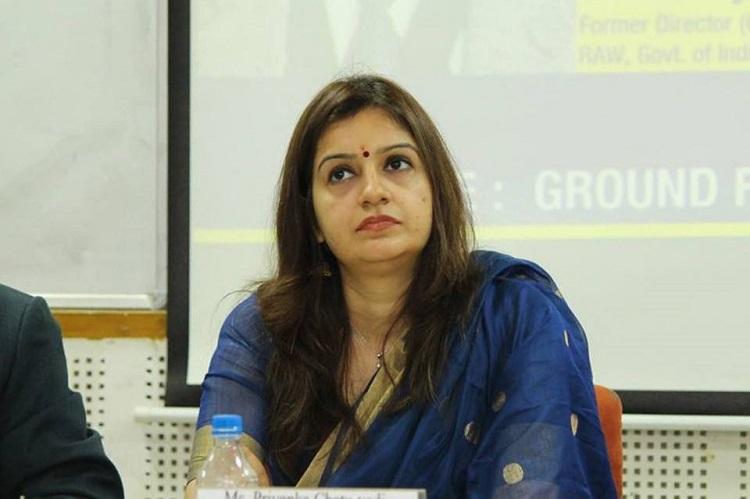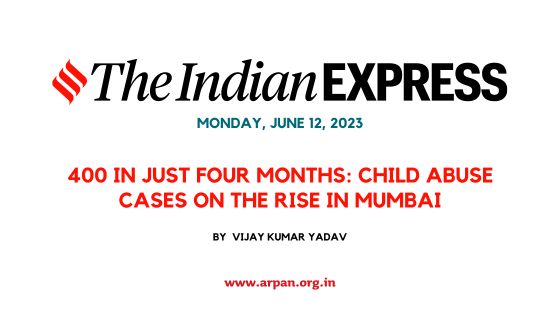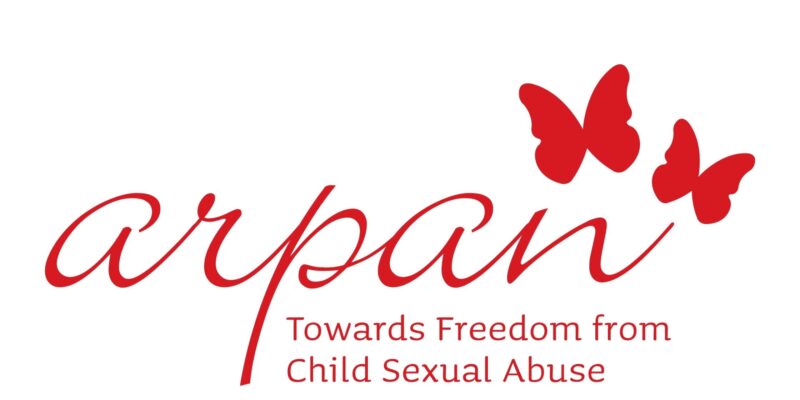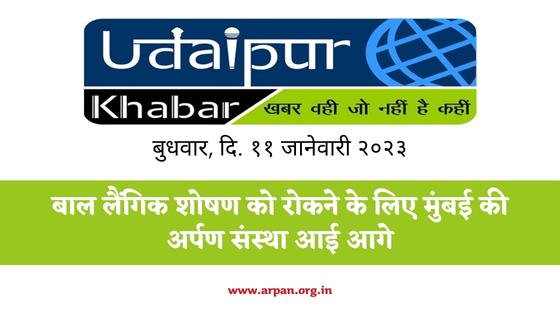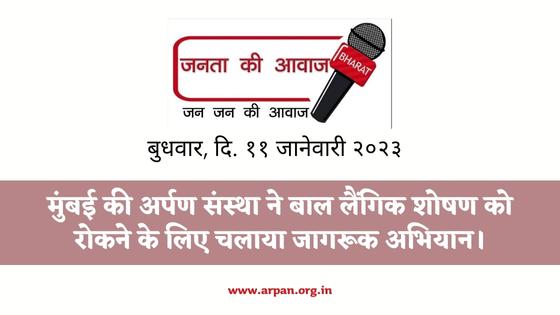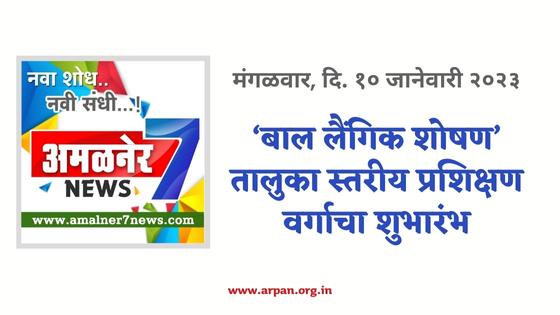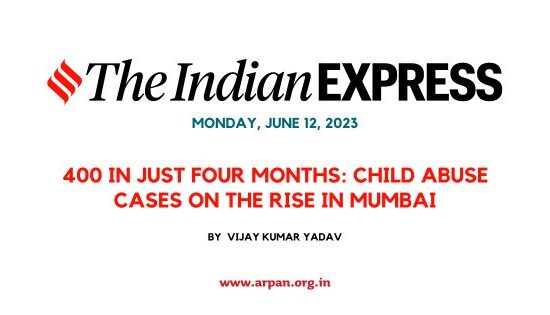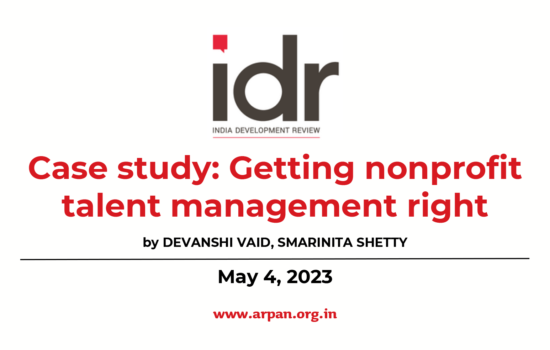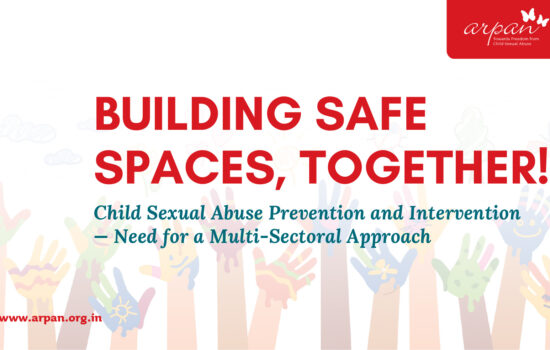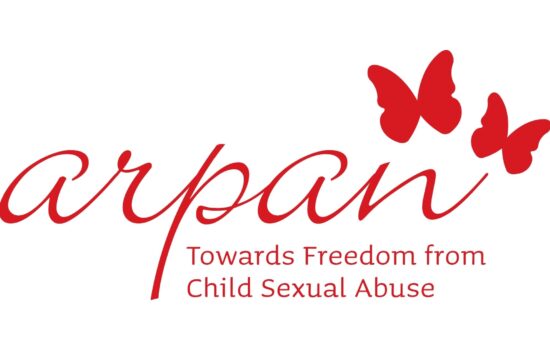Being on social media automatically opens one to a barrage of abuse and trolling. But when someone on Twitter threatened to rape Congress spokesperson Priyanka Chaturvedi’s 10-year-old daughter, she did not waste time in approaching the Mumbai police.
The man, Ahmedabad’s Girish Maheshwari, was subsequently arrested. According to his Facebook profile, the 36-year-old is an ‘accounting associate at Bharatiya Janata Party’ and went on Twitter by the handle @GirishK1605. What sets this case apart is that he was not only booked under relevant sections of the IPC and IT Act, but also Protection of Children from Sexual Offences (POCSO) Act.
Priyanka confirmed to TNM that Girish was booked under IPC sections 509 (word, gesture or act intended to insult the modesty of a woman), 506 (2) (criminal intimidation), sections 66 (computer related offences) and 67 (punishment for publishing or transmitting obscene material in electronic form) of the Information Technology Act and Section 11 (sexual harassment) of POCSO. The Mumbai police PRO Deepak Deoraj added that section 12 (punishment for sexual harassment of a child) of POCSO has also been included in the FIR.
TNM spoke to Swagata Raha, a legal researcher; Shruthi Ramakrishnan, an independent legal researcher in human rights; Pooja Taparia, founder and CEO of Mumba-based NGO Arpan which works on the issue of child sexual abuse (CSA); and Kushi Kushalappa of Enfold, another NGO working against CSA in Bengaluru. None of them have previously heard of a case where POCSO was used to book a person for threatening a minor online with sexual violence.
Open to interpretation
“In this case there is solid evidence of intent which is documented in the form of a tweet. So it is possible to use POCSO. However, it remains to be seen how the court interprets this,” Pooja tells TNM.
Kushi too believes that the sexual harassment provision can hold, but only if argued well. “I think that criminal intimidation is the much stronger aspect of this case,” she adds.
Swagata thinks that while this is a first in terms of applying POCSO for such a case, it would probably not affect the investigation much, which would happen like in any other case.
A good precedent?
Priyanka opines that using POCSO for such an offence is a welcome move that sets a precedent. “It is a welcome move because the threat targeted a minor. It’s a good precedent, because after the Mumbai police added relevant POCSO sections, the Delhi police did in their FIR too.” Priyanka had filed an FIR with the Delhi police too about the matter.
However, Shruthi does not agree entirely. While the case has been registered under POCSO for sexual harassment of a child, section 11 does not really cover an offense of this nature.
“If you see section 11, it deals with exhibition; exposing a child to or forcing them into creating child sexual abuse material (CSAM) and so on – basically directly harassing a child. In this case, the harassment was directed towards the minor’s mother. Sexual harassment under POCSO does not really cover online threats against children,” she argues.
Even the IT Act does not cover online intimidation or threats, she notes.
“However, it is not as though it is not important that POCSO was used. It represents the lacuna in our laws to deal with things like these which are rather common in the cyber space,” Shruthi observes.
The need to update IT Act and POCSO
Shruthi explains that there is a need to update our laws to deal with the crimes against children in the IT space.
“In this case, they have applied section 67 of the IT Act which deals with punishment for publishing or transmitting obscene material online. However, a sexually violent threat against a child, aimed towards the mother, is not exactly that. There is little in the Indian legal framework that talks about non-physical violence and intimidation children who use the internet face,” she says.
“For instance, while the IT Act has banned CSAM, there is little that looks at the risks children face from online predators. And because our laws are obsolete, we keep relying on the IPC whose sections are often not specific enough. If someone sitting far away has issued a violent threat to someone else, it is left to the court to decide whether that threat holds weight or not,” Shruthi notes.
She asserts that both POCSO and the IT Act need to be updated to address online child abuse and dangers to children in the cyber space. “It is better to update the IT Act because it deals with intermediaries – people who jump on a bandwagon and share such threats, even if they don’t make them. It adds to the intimidation, but POCSO cannot cover that. However, one thing POCSO must include is the aspect of online grooming,” Shruthi says.
Source: The News Minute

